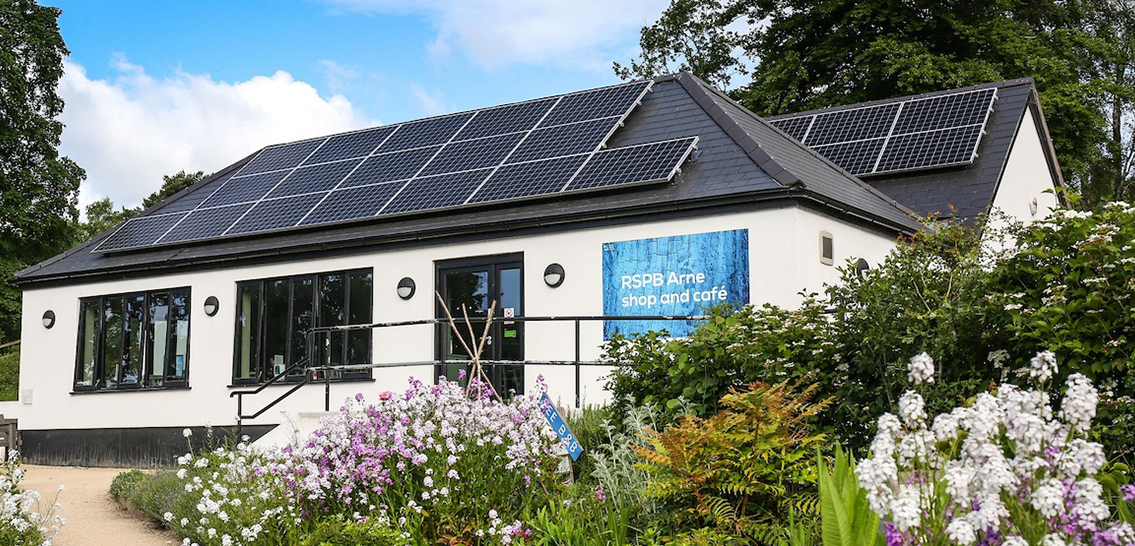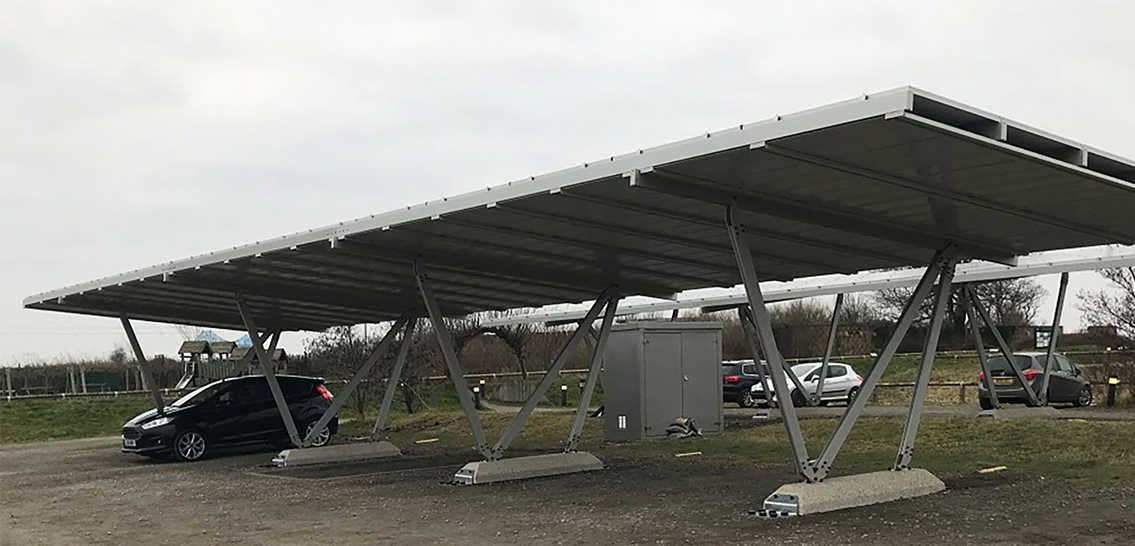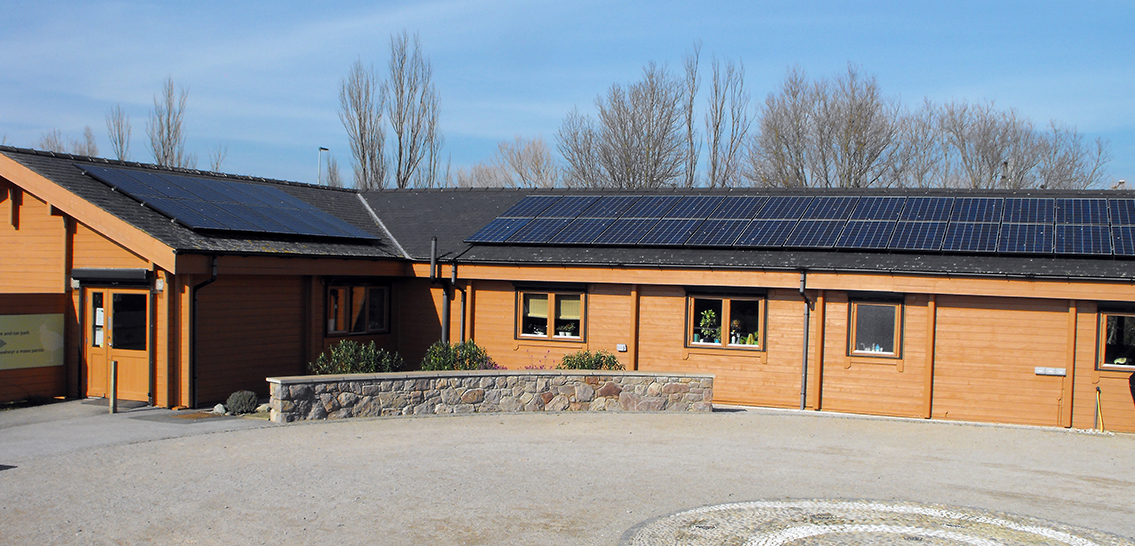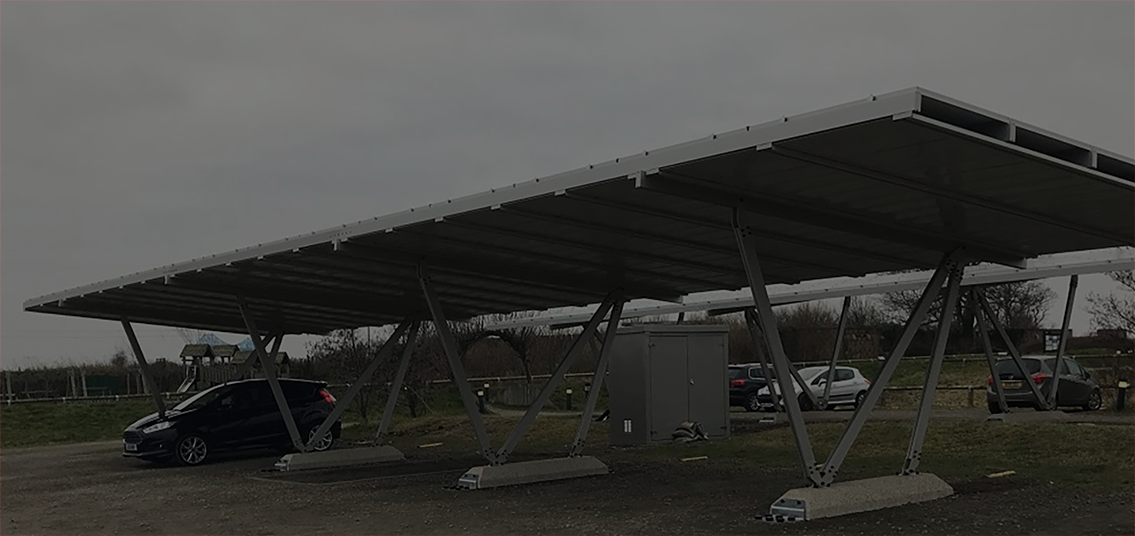
-
Client
The RSPB
-
Total no. of systems
14
-
Total estimated annual output
308,746kWh
-
Total annual CO2 emissions savings
129,958kg
CLIENT
The Royal Society for the Protection of Birds (RSPB) is a charitable organisation registered in England, Wales and Scotland and was founded in 1889. It works to promote the conservation and protection of birds and the wider environment through public awareness campaigns, petitions and through the operation of nature reserves throughout the United Kingdom.
The RSPB has over 2,200 employees, 18,000 volunteers and more than a million members (including 195,000 youth members), making it the largest wildlife conservation charity in Europe.
The organisation has set out an ambitious target to reduce its carbon footprint in the UK by 100% from 1990 levels. These systems are a step towards achieving this goal and will deliver significant cost savings to the charity over the long-term, generating funds that can be reinvested in further energy saving technologies.
The RSPB energy efficiency plan is not only exciting and ambitious but an exemplary project for how organisations with multiple sites can tackle climate change and provide a benchmark for reducing UK carbon emissions on a large-scale.
TASK
Solarsense has recently installed fourteen renewable energy systems for The Royal Society for the Protection of Birds (RSPB). The systems stretch from the South West to the North of England and consist of traditional on-roof solar PV and solar carports.
The combined installations will generate in excess of 308,746kW hours of clean, renewable energy per annum and displace more than 129,958kg of carbon emissions per year.
By incorporating solar carports, The RSPB were able to tap into a number of added benefits on top of those sought by traditional on-roof solar. Importantly, the carports offered a solution to limited space. By utilising a carport solution, the visitor centres were able to significantly increase their on-site energy generation, improve their carbon footprint and further reduce their overheads, all whilst improving the local and national EV charge-point infrastructure for electric vehicles – essential if the UK is to achieve the set target of halving non-electric vehicle sales by 2030 and ending them by 2040.
SERVICES PROVIDED
- Roof-mounted solar PV panels
- Ground-mounted solar PV panels
- Solar carports
FROM THE CLIENT
“The installation of solar PV panels and solar carports represents a key part of our strategy to achieving our 2050 energy vision. These installations also demonstrate to our supporters the use of clean, green energy”.
Alastair McArthur MRICS Senior Rural Surveyor, The RSPB




